又中又英|Silly Season
2023-07-19 23:00 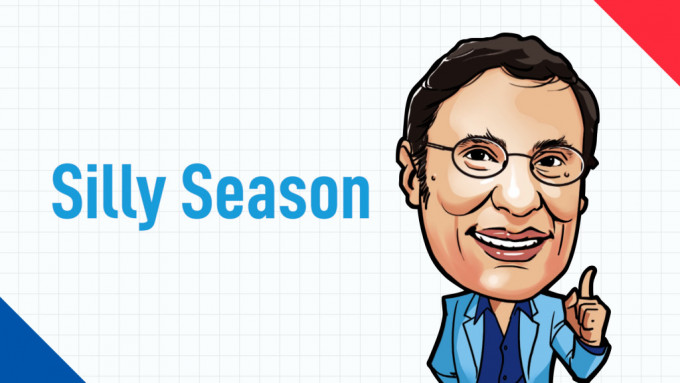
Silly Season
It’s that time of year again, known as the silly season. Journalists dread (fear) the silly season. Schools close for one or two months during the summer. Most people, including politicians, go on summer vacations. That’s why summer is the time when there is a dearth of news, especially political news. The word “dearth” means not enough of something. A dearth of news means not enough news. But journalists need to find enough news to fill newspapers. That’s why they dread the silly season. They find trivial (unimportant) news to fill newspapers during the summer.
The silly season, therefore, means the summer when newspapers are full of trivial news because there is not enough important news, especially important political news. I read a funny news report recently that reminded me of the silly season. A Canadian buyer was negotiating to buy grain from a farmer. The buyer wrote a contract for the grain, signed it, and texted a copy of the contract to the seller. The seller responded with a “thumbs up” emoji but did not ship the grain. The buyer took the seller to court, saying a “thumbs up” means the seller had agreed to the contract.
The seller disputed this, arguing his “thumbs up” only meant he had received the text message but was expecting a fax or email so he could review and sign the contract too. The judge, however, ruled a “thumbs up” meant the farmer had agreed to the contract. Legal experts now say people should think before responding with emojis such as a handshake or OK. To me, the judge’s ruling was silly.
又到了一年的这个时候了,就是被称为「无聊季节」(silly season)的时节。新闻工作者都很害怕(dread)无聊季节(silly season)。学校会在夏天停课放一至两个月暑假。大部份人,包括政客,也会在暑期度假。因此夏天就会缺乏新闻(dearth of news),尤其是政治新闻。Dearth是缺乏、不足,a dearth of news就是不够新闻。但新闻工作者还是得找足够的新闻去充撑报纸的版面,因此他们畏惧(dread)这无聊季节(silly season)。在夏天,他们会找一些无关痛痒的琐碎(trivial)新闻去填满报纸版面。
因此,silly season是指到了夏天的时候,报纸满是无聊琐碎的(trivial)新闻,因为根本没有足够的重要新闻,尤其是重要的政治新闻。我最近就读到一个有趣的新闻报道,令我想起了无聊季节(silly season)。一个加拿大的买家早前跟一个农夫协商,要向对方买谷物。买家为了那批谷物制定了一份合约,签了,传了合约的一个副本给那位卖家。卖家回了一个「竖大姆指」的表情符号,但并没有送运谷物。买家将卖家告上法院,说「竖大姆指」是指卖家已经同意合约。
卖家争论,反指他「竖大姆指」仅仅代表他已收到讯息,但还在等着传真或是电邮,好让他能细阅及签署合约。然而,法官裁定,「竖大姆指」的意思是农夫已经确认了合约。法律专家现在说,人们传出表情符号例如握手或OK前,好应三思。于我而言,法官的裁决是愚蠢的。
[email protected]
Michael Chugani褚简宁
中译:七刻

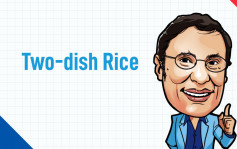
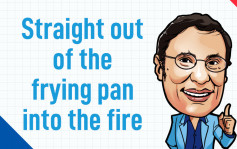



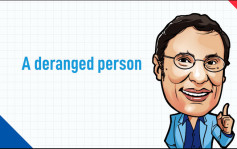


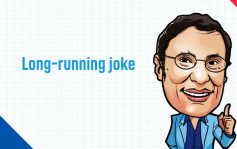

最新回应